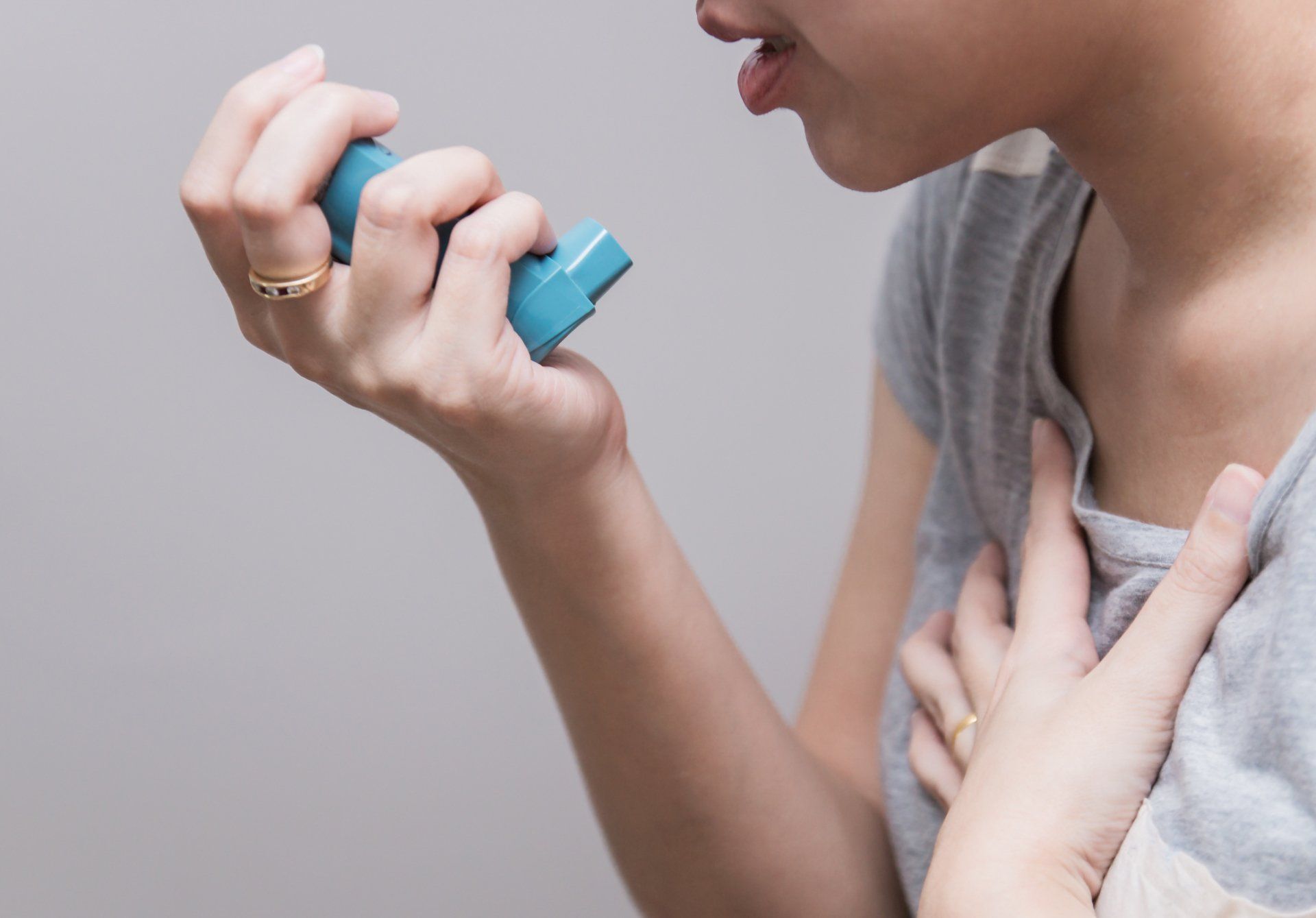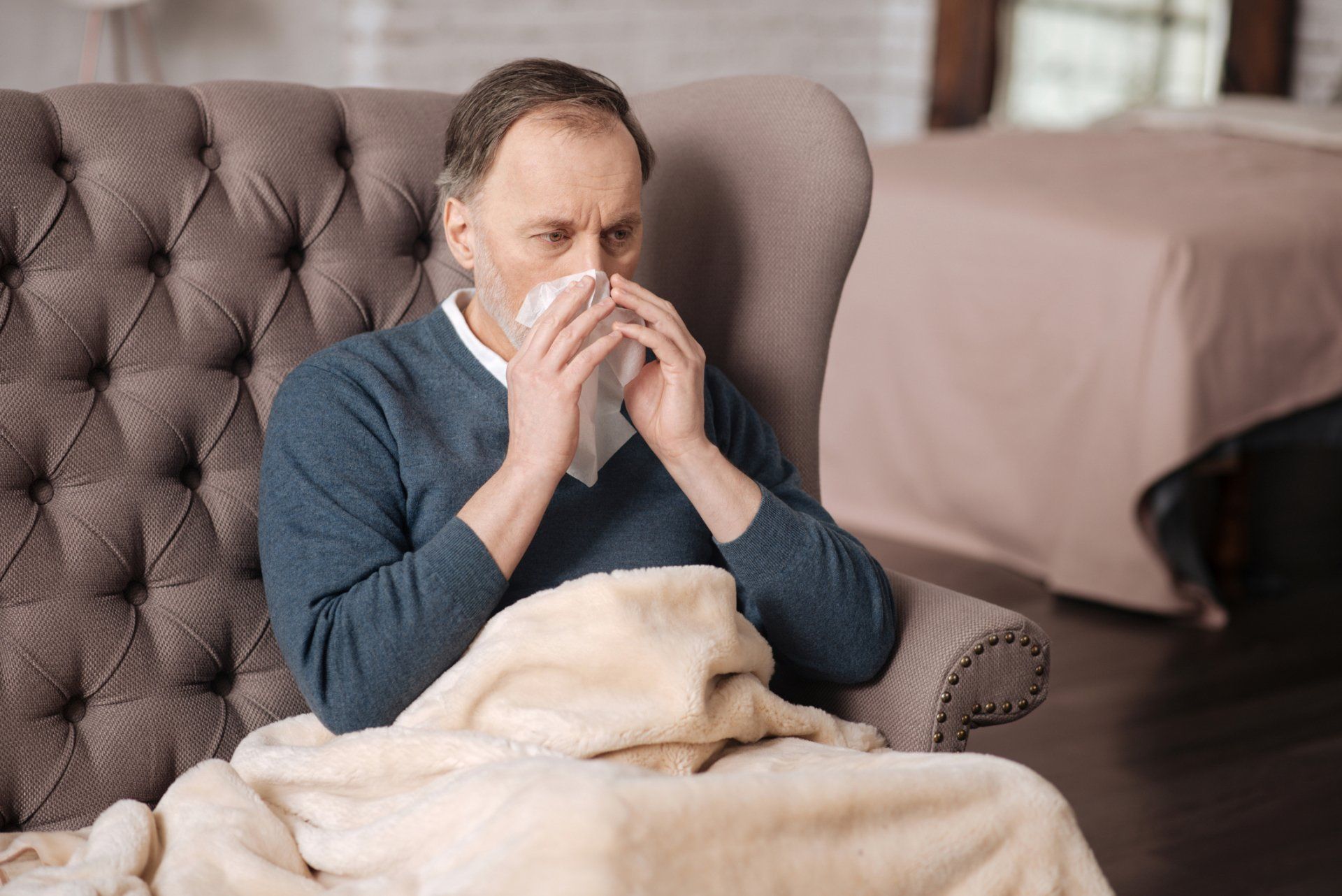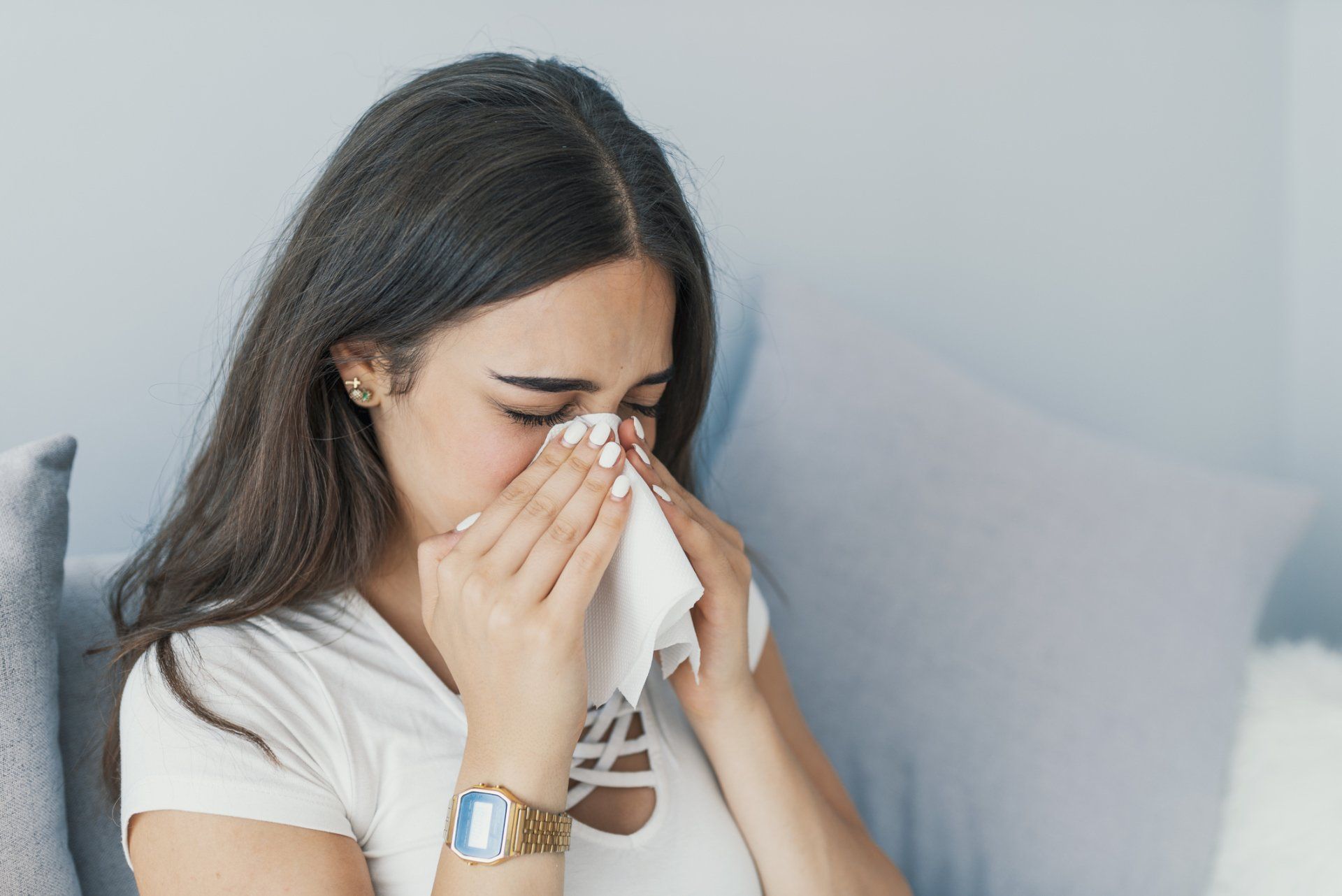4 Tips to Protect Your Child From Food Allergy Reactions at School
- By Allergic Diagnostic and Treatment Clinic
- •
- 24 Oct, 2018
- •

Communicate With Your Child
You should make sure they know which foods they are allergic to, but you must also teach them how to avoid items that may contain their allergen. For example, if your child is allergic to milk, they should avoid ice cream. If they are allergic to peanuts, they should not consume any foods that contain peanut butter or traces of peanut shells.
Some children will take food or snacks from classmates because they do not want to hurt their feelings. Explain to your child that this is a nice gesture, but they should never accept foods unless they are sure that they do not contain allergens. Teach your child how to decline snacks from friends in a pleasant manner.
Communicate With School Staff
Your child's teacher should have a copy of this document in the classroom. However, teaching specialists, administrative staff, counselors, and nurses should also be aware of your child's allergies.
Communicate With Other Parents
Ask your teacher if it is possible to write up a letter or email explaining your child's allergies. In the note, you should list each of your child's food allergies and any baked goods or packaged items that should be avoided.
Implement an Allergic Reaction Plan
Make sure your child understands they should alert an adult as soon as they experience symptoms. Also, teachers should know the signs of a reaction. Wheezing, swelling and difficulty breathing are common signs that a reaction is occurring. If teachers and staff notice these symptoms, your child will require medication immediately.
Work with your child's allergist and school staff to ensure there is an injection of epinephrine available in case of a reaction. A dose of epinephrine can counter your child's allergic reaction, so this injectable medication should be available in your child's classroom, in the nurse's office, and with your child's teacher at all times.
It is possible to live with a food allergy, but it is important your child, family, friends, and school are educated on the matter. To learn more about your child's food allergies and to keep them safe while at school, consult Dr. Joeseph Planzer and the staff at the Allergic Diagnostic & Treatment Clinic today.


The results of food allergies can be devastating, even fatal. Anaphylaxis requires quick treatment and know-how from others in the workplace. For this reason, education about allergies is crucial.
If you have food allergies and are trying to navigate these types of problems in the workplace, then you may need some suggestions. This guide will help you create a plan of action for contending with food allergies at work.



As many as 40 percent of children in the United States are allergic to something. While most allergies are mild, some can be severe and may prove to be life-threatening. Typically, children develop allergies within their first two years of life. What you do during those vital first few months plays a huge role in allergy development.
Exposing your children to certain substances may even help your child avoid allergic reactions later in life. Following are five ways you can keep your child from developing allergies.





